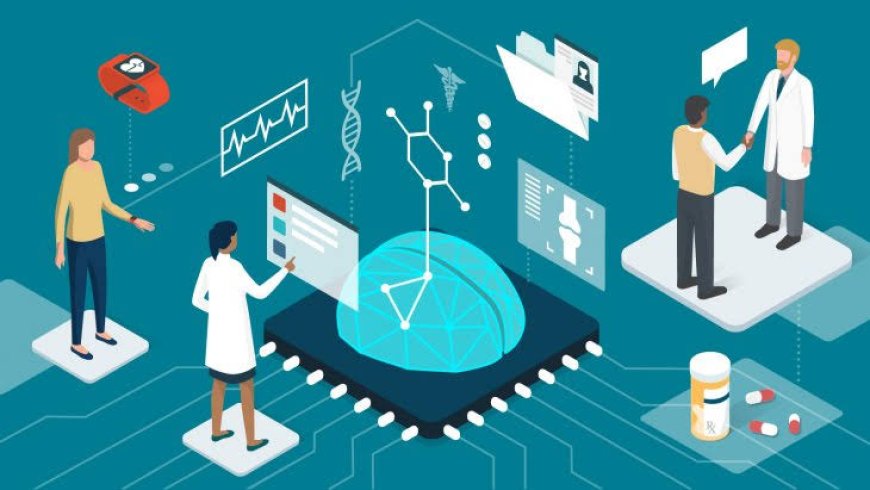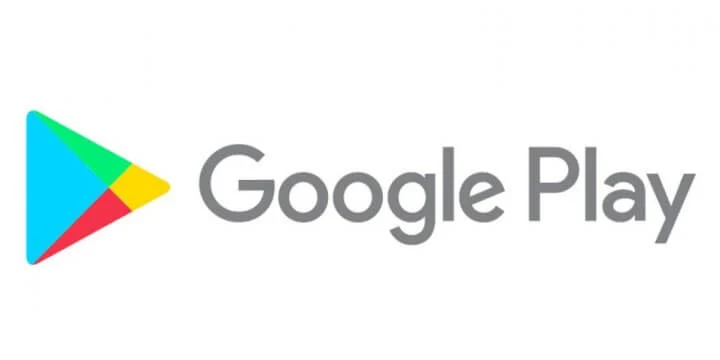Unlocking the Potential of Artificial Intelligence in Healthcare

Introduction:
Artificial Intelligence (AI) has emerged as a transformative force across numerous industries, and healthcare is no exception. With its ability to analyze vast amounts of data, recognize patterns, and make predictions, AI is revolutionizing the way we diagnose, treat, and manage diseases. In this article, we will explore the potential of AI in healthcare and the various ways it is being utilized to improve patient outcomes, streamline operations, and advance medical research.
Enhanced Diagnostics: Improving Accuracy and Efficiency
AI algorithms are being developed to analyze medical images, such as X-rays, MRIs, and CT scans, with remarkable precision. These algorithms can quickly and accurately detect abnormalities, aiding in early disease detection and improving diagnostic accuracy. AI-powered diagnostic tools have the potential to reduce human errors, speed up diagnosis times, and ultimately save lives.
Personalized Medicine: Tailoring Treatment Plans
AI's ability to analyze diverse patient data, including genetic information, medical records, and lifestyle factors, allows for personalized treatment plans. By leveraging machine learning algorithms, AI can identify patterns and predict optimal treatment approaches for individual patients. This approach ensures that treatments are tailored to each patient's unique needs, increasing the likelihood of successful outcomes and minimizing adverse effects.
Predictive Analytics: Anticipating Disease Progression
AI-driven predictive models can analyze patient data and provide insights into the likelihood of disease progression or potential complications. By identifying high-risk individuals, healthcare providers can intervene earlier, implement preventive measures, and improve patient outcomes. Predictive analytics also play a crucial role in resource allocation and healthcare planning, enabling better management of healthcare resources and reducing costs.
Virtual Assistants and Chatbots: Enhancing Patient Care
AI-powered virtual assistants and chatbots are revolutionizing the way patients interact with healthcare systems. These intelligent tools can provide personalized medical advice, answer common queries, and offer support in real-time. Virtual assistants can also help schedule appointments, provide medication reminders, and monitor patient progress remotely. By automating routine tasks, healthcare providers can focus on delivering more personalized and critical care.
Drug Discovery and Development: Accelerating Research
AI is transforming the drug discovery process, helping researchers identify potential drug candidates with higher efficiency. Machine learning algorithms can analyze vast amounts of biomedical data, predict drug-target interactions, and simulate drug effects, reducing the time and cost involved in traditional drug development. AI also plays a significant role in clinical trials, assisting in patient recruitment, trial design optimization, and data analysis.
Healthcare Operations: Optimizing Efficiency and Workflow
AI applications extend beyond patient care and into healthcare operations. AI-powered systems can streamline administrative tasks, automate data entry, and optimize resource allocation. Predictive analytics and machine learning algorithms can assist in predicting patient flow, optimizing bed management, and improving overall hospital efficiency.
Conclusion:
Artificial Intelligence is transforming the healthcare landscape, offering unprecedented opportunities to enhance patient care, improve diagnostic accuracy, streamline operations, and advance medical research. From personalized medicine to predictive analytics, AI is revolutionizing the way healthcare is delivered and has the potential to improve patient outcomes on a global scale. As AI continues to evolve and integrate further into healthcare systems, it is crucial to address ethical considerations, ensure data privacy, and foster collaborations between healthcare professionals and AI experts to unlock its full potential for the benefit of patients worldwide
What's Your Reaction?




























































































